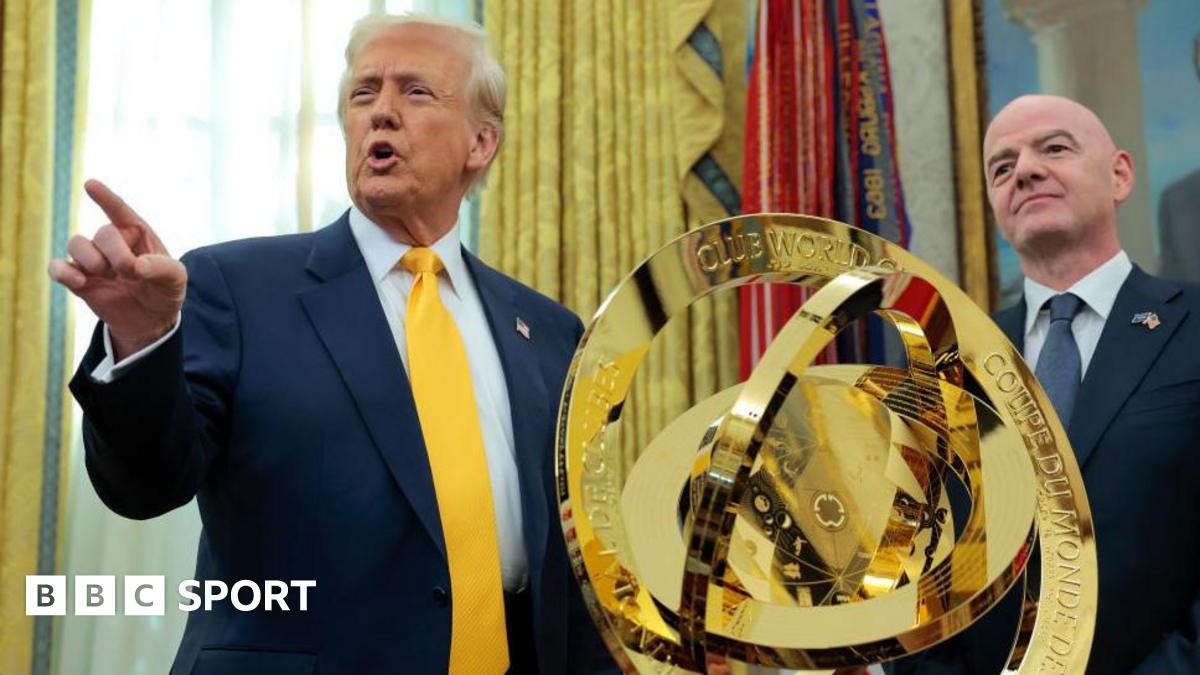
Joaquin Phoenix and Pedro Pascal in 'Eddington' Ari Aster and Darius Khondji/A24 hide caption
toggle caption
Ari Aster and Darius Khondji/A24
Films known as "period pieces" take viewers back to the Renaissance or Victorian England, for example.
Are you ready for a period piece about the pandemic?
Eddington takes its name from a fictional small town in New Mexico in late May 2020. And like any good Western there's a stand-off. Pedro Pascal plays the mayor who's trying to enforce masking and social distancing, and Joaquin Phoenix is the sheriff who thinks that should all be a choice, not a mandate. Hysteria in town is high, and things go south.
Eddington trailer
YouTube
The film is written and directed by someone who knows a little something about building tension, Ari Aster (Midsommar, Hereditary, Beau Is Afraid).
"That became the center of the culture wars in this country, where you had people arguing for public health and safety, and then you had people arguing for personal freedoms," Aster told Morning Edition host A Martínez. "It's about a bunch of people living in different realities who are unreachable to each other… It pushes them into deeper convictions and paranoia."
Aster experienced the COVID-era lockdowns from his home in New Mexico and saw the fissure in his community's sympathy for each other widen considerably in 2020. Still, he tried to write each character in Eddington with sympathy — in such a way that the viewer couldn't determine Aster's own politics.
"A big part of the project for me was to pull back as far as I could and include as many voices as I could that are a part of this cacophony."
The film is essentially broken into two halves: the rising tension of the region's pandemic policies and the early Black Lives Matter protests and the disinformation spread through the internet — and then midway through the film, the tension builds to what seems to be inevitable: violence.
"I think that violence is basically the logical next step to a lot of what has been happening," Aster said. "You fill people with rage and hatred and you give them a very clear scapegoat, and there's one logical endpoint."
Some critics have called the film a satire, and Aster agrees.
"But what it's most critical of is this landscape where we've all been divided very successfully, and it's become almost impossible to imagine reaching each other."
Aster hopes audiences find solidarity in watching Eddington in a theater next to people who might have been on opposite ends of the pandemic's culture war five years ago.
"If there's anything hopeful about the film," he said, "it is a period piece, so we can look at the way we were and maybe have a chance at seeing how we are. And there could be the question asked: Do we want to stay on this path? And what is in our power to step off of it? Because it seems to be heading straight towards a brick wall."
The audio version of this story was produced by Lilly Quiroz.

 4 months ago
47
4 months ago
47









 English (US) ·
English (US) ·